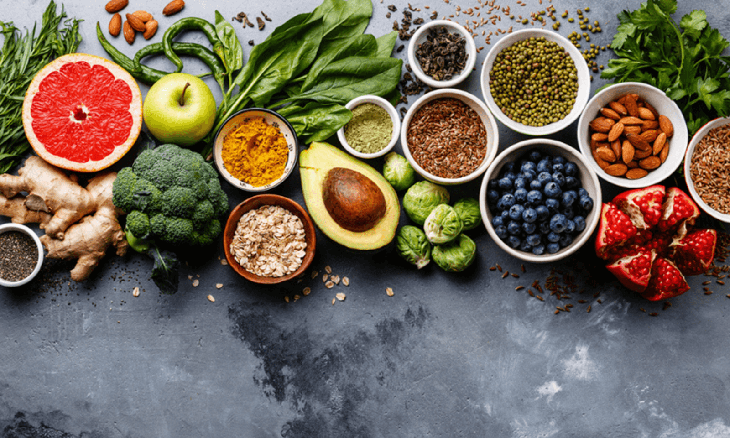GENERAL PRINCIPLES FOR A HEART-HEALTHY DIET

The two main considerations for a heart-healthy diet are: keeping the blood vessels free from obstructions; and keeping the heart muscle in peak condition. With these in mind, there are some general principles to follow for a heart-healthy diet.
In general, aim for low-calorie, high-nutrient, food and drinks. For a healthy heart, the American Heart Association recommends to “use up at least as many calories as you take in”. Inversely, plan to consume at most as many calories as you intend to use up. This will require a more mindful and intentional approach to planning your food and drinks. Track your activity level, know how much calories you expend on a daily basis or in your daily activities. Knowing how much calories you expend, also track the calorie content of the food and drinks you consume. Thankfully, most food packaging shows you the number of calories for easy reference. For fresh produce or unpackaged products, do your research as to how much calories the average amount of such food and drinks contain.
To help you unclog your arteries and other blood vessels, choose food with good doses of dietary fiber. Dietary fibers are parts of plant food that your body cannot digest, therefore cannot absorb. They pass through your digestive tract and colon pretty much intact. Dietary fiber helps clean your system and keep your blood glucose and cholesterol in check. Too much blood glucose and bad cholesterol (as opposed to good cholesterol) are proven contributors to atherosclerosis, the hardening of the blood vessels and formation of plaque in the blood vessels.
Aside from reducing the blood glucose that is in your blood stream, it would work better to limit your blood glucose sources to begin with. This means consuming food with a low glycemic index, or what lay persons would refer to as low-sugar foods.
Controlling the amount of sodium you consume is also an important factor in a heart-healthy diet. Sodium is an important mineral for proper bodily function. Among the many benefits of having adequate amounts of sodium in the human body are the regulation of bodily fluid balance, the effective and efficient sending of nerve impulses, and good muscle function. However, if there is extra sodium in the blood stream, it will draw water into the blood vessels, and thereby increase blood volume in these blood vessels, ultimately leading to an increase in blood pressure. Increased blood pressure will force the heart to work harder to pump the blood throughout the body. So, while sodium is necessary, too much of it is not good.
Considering these general principles for a heart-healthy diet, what food and drinks should you actually start consuming then? Read on and learn more.



